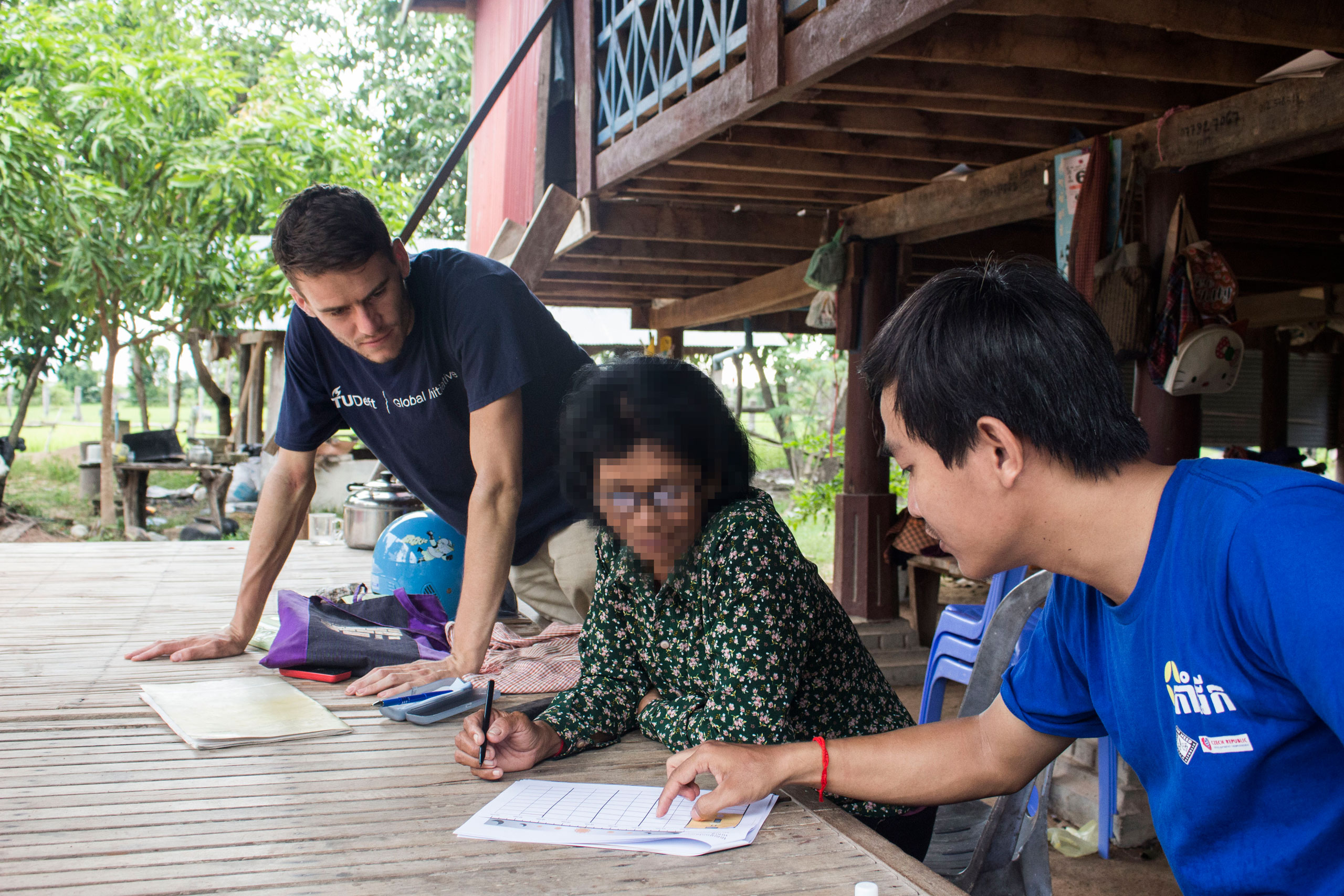
Future Solar Home Systems: matching energy supply with energy demand
2016-2017, Master thesis
1.3 billion people in the world lack access to electricity (International Energy Agency, 2013). Solar Home Systems (SHSs) can well serve the basic energy needs for many of these often poor people, using a solar panel and a battery. Unfortunately, the adoption of SHSs is hampered by high upfront costs and limited capacity. This master thesis-project has resulted in design directions for future SHS design with the aim to decrease system costs and improve system performance by focussing on matching energy supply with energy demand.
The project started of as part of a PhD-project. The thesis has been mainly research oriented, from a designers perspective. Three main challenges of SHSs were the starting point for this project: 1) high upfront costs , 2) limited capacity and 3) knowledge on current and future demand was limited, not relevant or outdated. To find out how SHS companies can supply systems that match energy supply and demand, research was done on current usage and future needs of solar home system users. It was decided to map the current and future usage of SHSs in one particular context, rural Cambodia, to get a detailed insight. Two methods were used during the research phase: a quantitative data analysis and qualitative field research. Kamworks (a Cambodian SHSs supplier) was of great help during this project, as they could provide detailed usage data of current systems in rural Cambodia as well as could facilitate field research.
A paper describing this research can be found here.
Formula Student
Smartwatch Koen
Graphic Design
Medflow
Delft Hyperloop
Improving Solar Home Systems
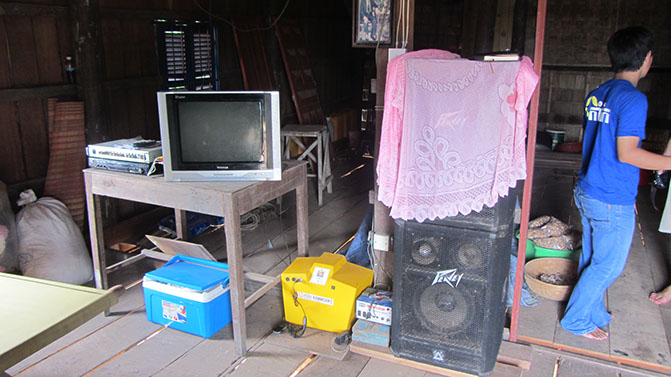
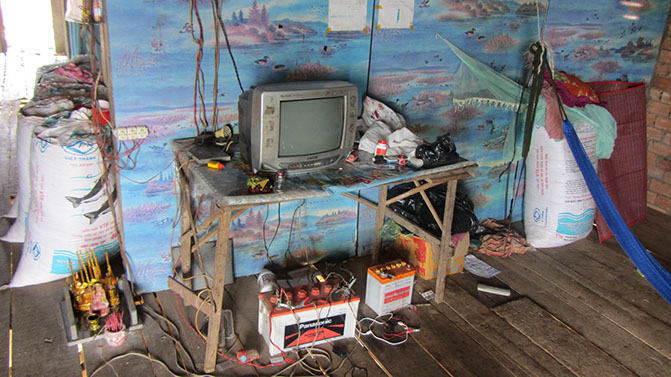
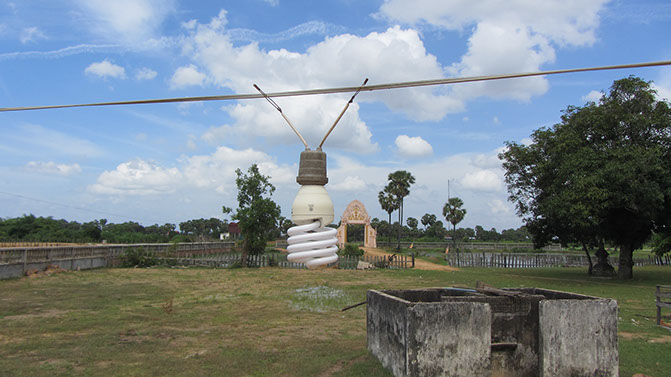
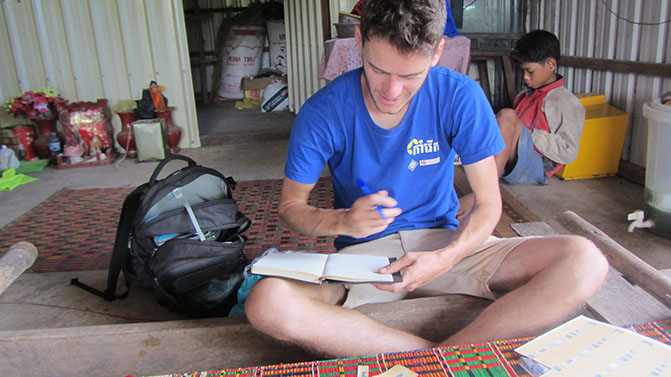
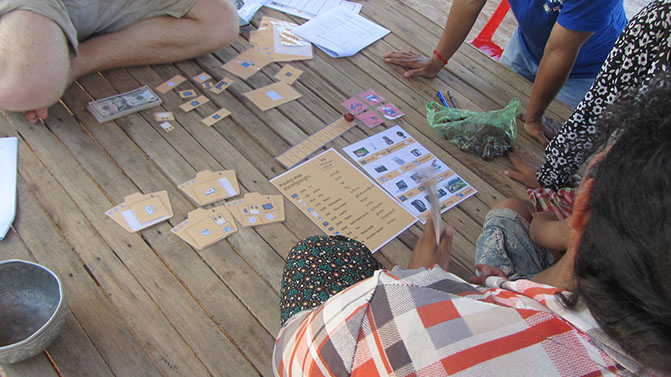
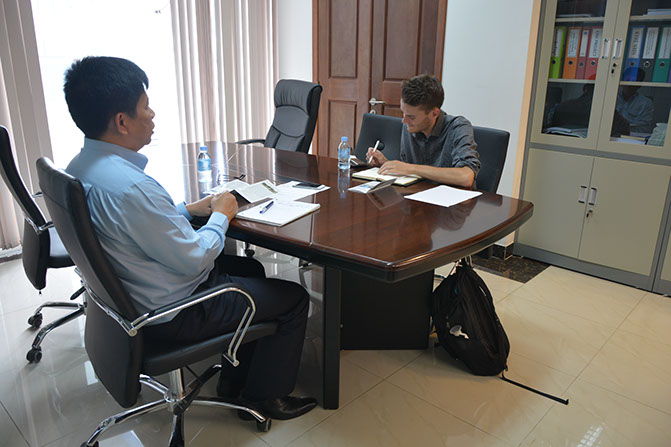
This project has been a great learning experience for me. The project showed me how important it is to address (and understand) the complete system as a designer. In my vision, the full potential of SHSs will only be unleashed using an integral approach to improve Solar Home Systems. This includes optimizing the system size according to user needs, stimulate the usage of energy-efficient appliances and change energy consumption patterns.
The field research in Cambodia was a very interesting experience. During this part of the thesis I have learned a lot, in many different fields. First of all, the field research requested a lot of my interpersonal skills. The field research was prepared before departure in Holland, but much of the appointments and visits had to be arranged during the short stay Cambodia. It showed to me how important it is to meet new people, make the right connections and expand my network. Furthermore, visiting the households during the field trip was a great experience. However, I have realized how hard it is to connect to the rural people without speaking the same language. This made it sometimes hard to get full understanding of statements in conversations. Working with a local translator proved to be very useful, Visiting the rural households made me realize how different life can be. Although the people in rural Cambodia do not live an easy life, the Khmer are friendly people and always welcome you with a smile. This is a good habit that I will try to adopt.
Special thanks to Kamworks for their help in the research, Bunheng Souy for his help with translations and Justin Kane for his help during the field research.
A blog-series was made for the Delft Global Initiative. Watch it here: